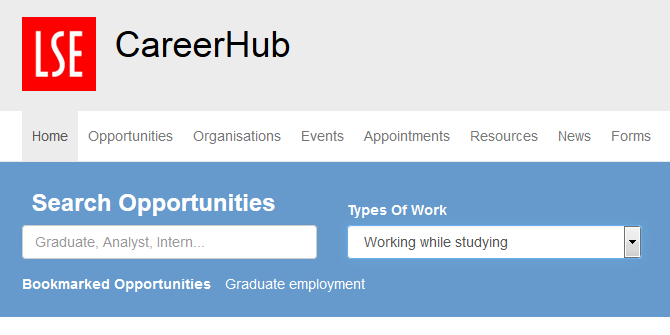Thinking about a career in public service? Across many government departments, digital innovation and new policy-making methods are making government an exciting place to work on society’s most interesting challenges.
We’ve provided insights into future-facing skills and approaches that are in shortage in the public sector and are a great way for you to stand out from the crowd as you put yourself forward for roles in government, drawn from a survey of public servants by Apolitical. Each government and department will have its own entry requirements, but these are areas that are widely important as the sector continues to be disrupted by technological progress.
These future-proof skills – as well as why they matter, how governments use them, and the best online resources for learning them yourself – are listed below.
1) Data Literacy
Big data is now central to the functioning of government. With it, public servants use evidence – rather than guesswork – to make decisions. Of course, every civil servant need not be a data scientist – but they should appreciate its potential to improve the lives of citizens, help services function more efficiently, and cut costs.
One way governments use it
- Estonia saves more than 2.8 million hours of labour every year through a data exchange network that helped it digitise 99% of government services.
One way you can learn more
- The School of Data has courses on the fundamentals of data, as well as how to extract, map and clean it.
2) Artificial Intelligence
With AI, systems learn from experience and keep improving their performance without humans having to explain how to complete tasks. AI has the potential to rid humans of monotonous work – administrative tasks like data sorting, filing and searching documents, translating materials and drafting briefs, among others – saving federal governments up to 1.2 billion (hu)man-hours and $41.1 billion annually.
One way governments use it
- The UK is using a machine learning model that can identify billion-dollar pension schemes at risk of collapse.
One way you can learn more
- IBM offers a beginner’s guide to artificial intelligence, machine learning, and cognitive computing.
3) Design Thinking
Design thinking can be used by governments to leverage the philosophy of putting customer experience at the centre of product design – to solve problems and shape policy. This form of “empathetic”, hands-on policy-making helps government build services in concert with citizens to meet their needs, rather than relying on detached experts.
One way governments use it
- Denmark used design thinking to reorganise waste management in Copenhagen, reduce tension between inmates and guards in prisons and transform services for mentally disabled adults in Odense.
One way you can learn more
- Stanford University offers a world-renowned “virtual crash course in design thinking”.
4) Behavioural Insights
The use of human psychology to drive citizen behaviour was pioneered by the UK government to cut costs and help people make better choices. It taps into the minutiae of how people act and uses small “nudges” – such as a text message or personalised letters – to prompt behavioural changes.
Nudge units use empirical evidence to anticipate how people will react to policy options, rather than assuming their response will be rational. They have spread to governments across the world, including Guatemala, the US, Australia, Germany and Singapore, but the use of behavioural insights is still nascent.
One way governments use it
- The UK, Australia and Singapore use a behavioural science and machine learning tool to blind managers to gender and ethnicity, allowing them to hire solely based on talent.
One way you can learn more
- Listen to Freakonomics’ podcast on how to use nudges.
This blog is by guest authors Jennifer Guay and Megan Dent of Apolitical – a more in-depth article with more government examples and further ways to develop these skills can be found here, alongside a range of other policy-related articles and resources.




